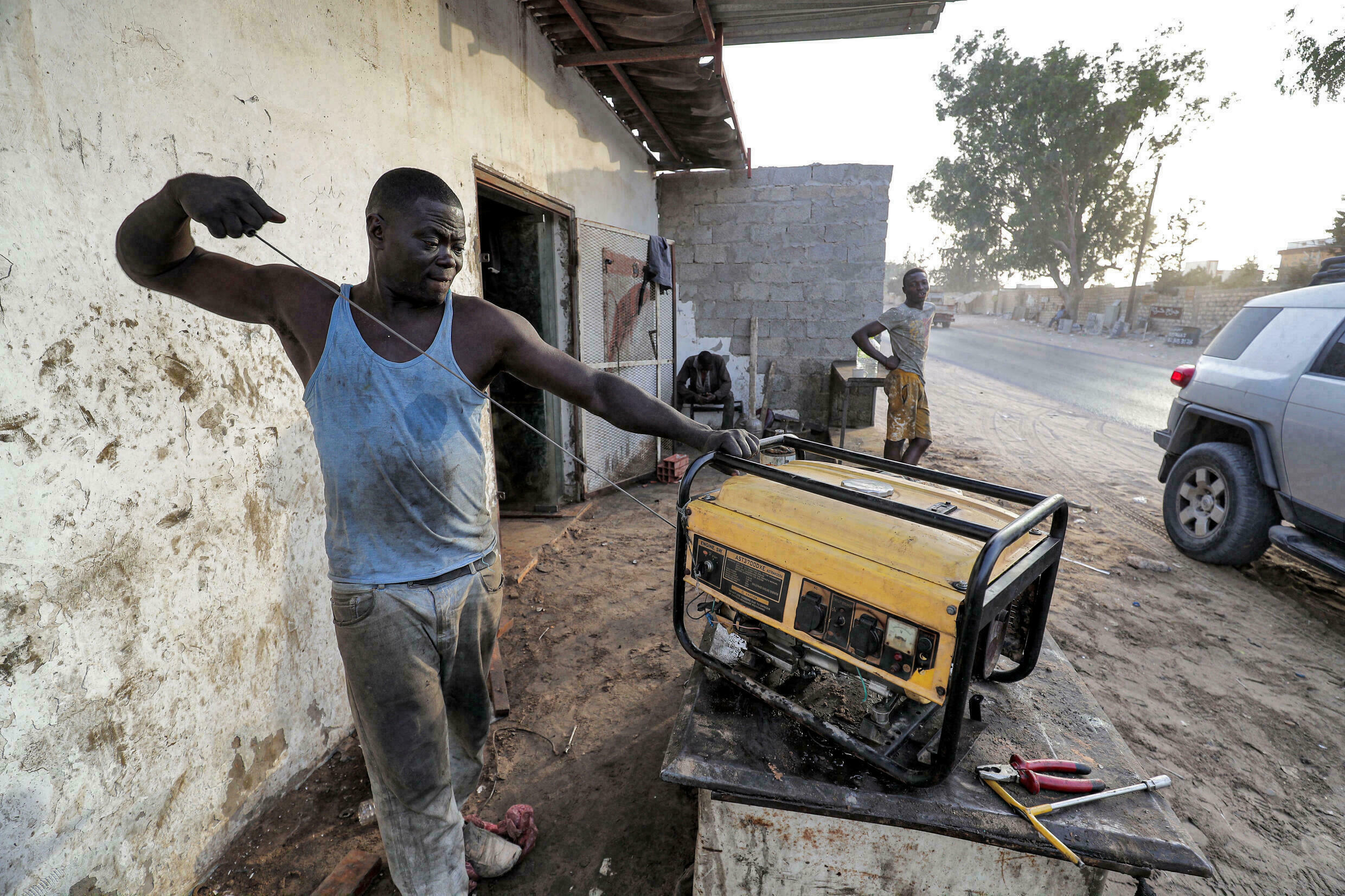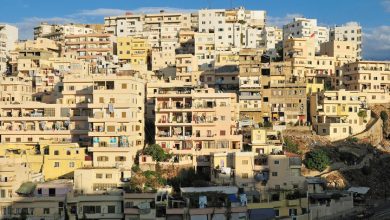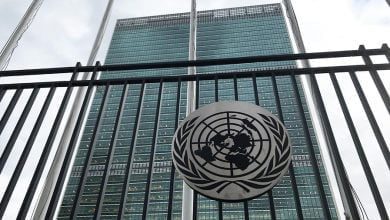
Electricity scarcity controls the diaries of Libyans
(ORDO NEWS) — Intense darkness enveloped entire neighborhoods in Libya due to random power outages, in a scene that has controlled the diaries of Libyans for nearly ten years, amid inability to find solutions, despite a political breakthrough that began some time ago.
Storefronts compete in bids to attract customers. On Garghamish Commercial Street in Tripoli, goods vary between small antiques, clothes, and fast food restaurants, and electrical generators are separated between the shops, the number of which is almost equal to the number of shops.
With power outages several times a day, averaging about 12 hours in total during the summer, a city that used to sound like a city made a constant noise. The sharp-smelling gray smoke invades its streets at night. Entire neighborhoods are plunged into darkness at nightfall.
Pharmacist Sufian Rajab Al-Zarqani (23 years) regrets the “total darkness” at times, stressing with emotion that electricity is “a requirement of life and the duty of the state to provide it to the citizen.”
– ‘Nothing has changed’ –
Libyans have suffered since the fall of the regime of Colonel Muammar Gaddafi in 2011 as a result of the spread of chaos in the country, with diaries marred by the loss of electricity, inflation and insecurity.
Libya’s infrastructure is aging and the economy has collapsed. However, this country is rich in energy resources, and its population of about seven million, is not big on sharing the profits of Africa’s most abundant reserves.
Hope has resurfaced with the coming to power of a transitional government after a ceasefire in the summer of 2020. However, Libyans are still suffering from electricity rationing.
“Nothing has changed,” said 25-year-old university student Nader al-Naas, amid the noise of a generator. “The promises made by successive governments were not kept.”
The situation becomes even more dire, when temperatures exceed forty. The situation is exacerbated by catastrophic conditions for those who are unable to purchase a generator like Ahmed (not his real name), who sleeps on the “roof of the building to escape the heat” in his apartment, which he lights with only a “flashlight”.
In eastern Libya, a similar situation prevails in Benghazi, the cradle of the 2011 uprising.
Grocer Osama Al-Dalah does not hide his dissatisfaction, saying, “These interruptions exhaust us, affect us psychologically and cause us losses. We need a radical solution.”
Ali Al-Awami, the mechanic, says his work has been disrupted due to the power outage. “I’ve been working in this car for a week.” Then he added, “We are now living in a big prison, so are we required to emigrate and leave the country?”
– ‘Weared out’ –
How is the chronic electricity shortage explained? The Libyan Audit Bureau, which has an oversight role, criticizes the bad management of the General Electricity Company and its unfinished projects as well as its investments.
In response to questions by AFP, an official in the company attributed the reasons to the “suffering” of the electricity company from “the weakness and deterioration of the infrastructure for ten years, while in most stations there is a need for extensive maintenance operations.”
Dozens of high-voltage electricity transmission lines were destroyed during the attack launched by Field Marshal Khalifa Haftar on the capital, Tripoli, between April 2019 and June 2020.
The departure of foreign companies from the country delayed the construction of new facilities. In parallel, trade in stolen copper wires sold on the black market is booming.
The official, who asked not to be named, explains that “the daily production of energy currently ranges between five thousand and 5.5 thousand megawatts,” revealing that “this figure does not meet the demand for energy, which rises at peak times during the summer and winter to between seven thousand and eight thousands of megawatts.
The same source points out that a German-Turkish consortium (Inka Technic and Siemens) is working to construct a station in Misurata (west) and another in Tripoli, with a total capacity of 1,300 megawatts, to start production during the first quarter of 2022. The Greek company “Mitka” will also build a third plant In Tobruk (far east).
Until this is achieved, the profitable generator business is growing on the margins of the energy shortage crisis, and the prices of their goods on offer vary between a few hundred and thousands of dollars.
—
Online:
Contact us: [email protected]
Our Standards, Terms of Use: Standard Terms And Conditions.








